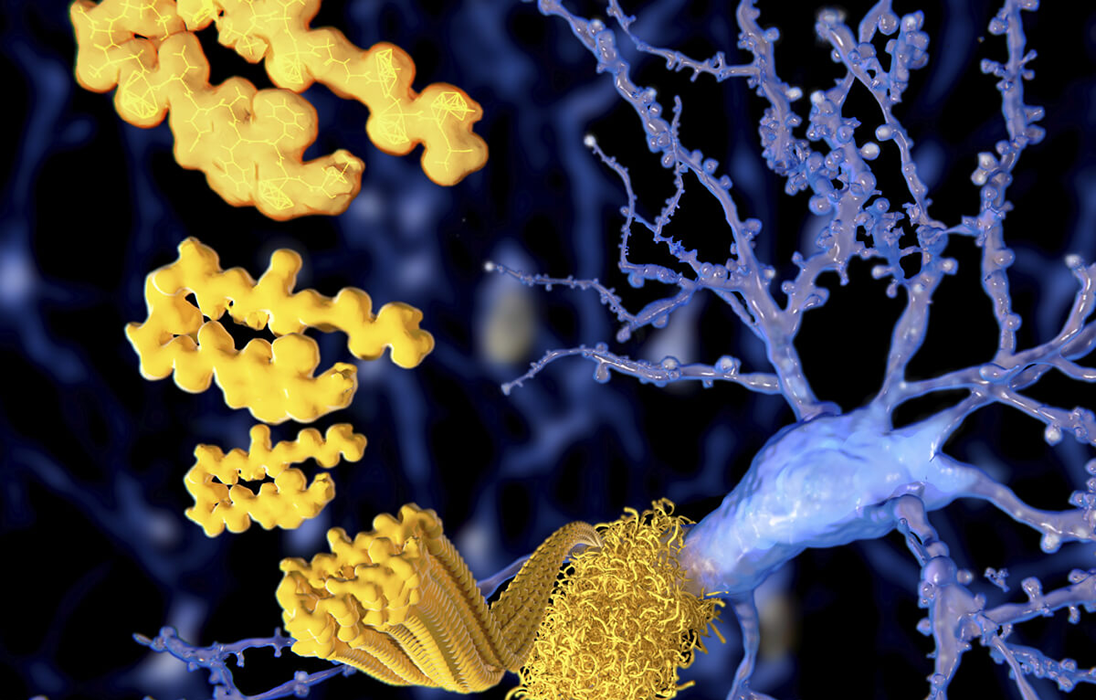Regenerative Medicine News and General Information
Likely Cause of Alzheimer’s Identified in New Study
The Centers for Disease Control and Prevention (CDC) estimate that up to 5.8 million people in the United States live with Alzheimer’s disease.
Alzheimer’s disease is a neurodegenerative condition affecting parts of the brain associated with memory, thought, and language. Its symptoms range from mild memory loss to the inability to hold conversations to environmental disorientation and mood changes.
Previous research has suggested that various factors, such as age, family history, diet, and environmental factors, combine to influence a person’s risk of Alzheimer’s disease. Scientists in Australia have recently discovered an additional factor that may be responsible for the development of this neurodegenerative condition.
The study shows that exaggerated abundance in blood of potentially toxic fat-protein complexes can damage microscopic brain blood vessels called capillaries and leak into the brain, causing inflammation and brain cell death according to the lead study author Dr. John Mamo.
He also said in an interview with Medical News Today that changes in dietary behaviors and certain medications could potentially reduce blood concentration of these toxic fat-protein complexes, reducing the risk of Alzheimer’s or slowing down the disease progression.
The study performed by the Australian team used 2 mouse models and genetically modified animals in the test group so that their livers would produce human amyloid-beta. This protein is part of the toxic protein-fat complex that they thought may cause Alzheimer’s disease. The researchers subjected both groups to a fear-motivated memory test for cognitive functions and took samples of liver, brain, lung and duodenum.
The researchers found that when the amyloid-beta proteins made in the liver of the test mice combined with fats and traveled to the brain, they interfered with the proper functioning of the brain’s microscopic blood vessels, or capillaries.
The dysfunction in the blood-brain barrier led to the protein-fat complexes leaking from the blood into the brain, resulting in inflammation, which occured in both the groups, but started at a much younger age in the test group. This inflammation was also associated with degeneration in the brain cells of the mice in the test group.
They also found that the mice from the test group performed approximately half as well as the control group at retention of learning.
Understanding how this amyloid-beta fat complex affects the brain capillaries may open up potential medical options to either treat Alzheimer’s disease or at least to slow down the condition’s progression.
Source:
Virginie Lam, et al. Synthesis of human amyloid restricted to liver results in an Alzheimer disease-like neurodegenerative phenotype. PLoS Biol 19(9): e3001358. https://doi. org/10.1371/journal.pbio.300135.
https://www.medicalnewstoday.com/articles/likely-cause-of-alzheimers-identified-in-new-study

